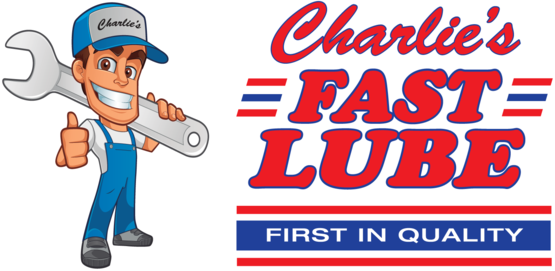The Right Oil for the Season (Engine Oil Viscosity)
May 1, 2022
As the temperatures plunge, certain types of engine oil may not flow as easily as they did when it was warmer. Makes sense, doesn't it? Just like molasses gets thicker as the temperature goes down, engine oil does the same thing. So, maybe you're wondering if you have to change your oil as the seasons change so it's just the right thickness to lubricate your engine parts.
How well engine oil flows is called its viscosity. There are different types of oil—some that have just one viscosity and others called "multigrade" oils. Here's the difference.
A single viscosity oil will flow better when it's hot but not as well when it's cold. A multigrade oil is engineered so that its flow properties at cold temperatures are different than they are at warm temperatures. In other words, a multigrade oil can start out in colder temperatures acting like a thinner oil and then behave like a thicker oil when it's warm. That's a pretty cool trick and it's why multigrade engine oil is used in nearly all vehicles. Your vehicle's manufacturer has the correct viscosity of oil for your particular model included in the owner's manual.
Another choice you have to make when it comes to engine oil is whether you use conventional oil, synthetic oil or a blend of the two. Synthetic oils have some advantages over conventional, such as resisting breakdown better and withstanding higher temperatures.
Check with your service advisor to see which viscosity and type of oil is recommended for your vehicle. It's important that in cold weather, the oil flows through your engine at the right thickness so that parts are being properly lubricated. That will make sure you'll get good fuel economy and performance, no matter what the temperature is.
Charlie's Fast Lube Perryville
701 S. Perryville Ave
Perryville, Missouri 63775
575-517-0022
http://www.charliesfastlubeperryville.com
Need Service?
More articles from Charlie's Fast Lube Perryville

Battery Replacement for Your vehicle
February 15, 2026
Modern vehicles in and around Perryville run on 12 volt electrical systems. 12 volts is enough to get the job done for Perryville drivers without having so much power that there is danger of electrocution. But today's vehicles have more electrical components and do-dads than ever before. This re... More

Why is Air Not Coming Out of My Vents?
February 8, 2026
You climb inside your vehicle, start the ignition, and reach for the fan control for the heating or air conditioning. But when you try to crank it up, no air comes out of the vents. It can make for a very uncomfortable trip, whether its hot or cold outside. Its important for the comfort of you a... More

Not-So-Common Sense (Sensor Failures)
February 1, 2026
So your vehicle won't start. What's the first thing that comes to mind? Battery dead? Starter motor worn out? Out of gas? Well, those are all reasons that make sense. But your vehicle may be refusing to start because one of its computers is being warned that to do so might damage it. Here's ... More









